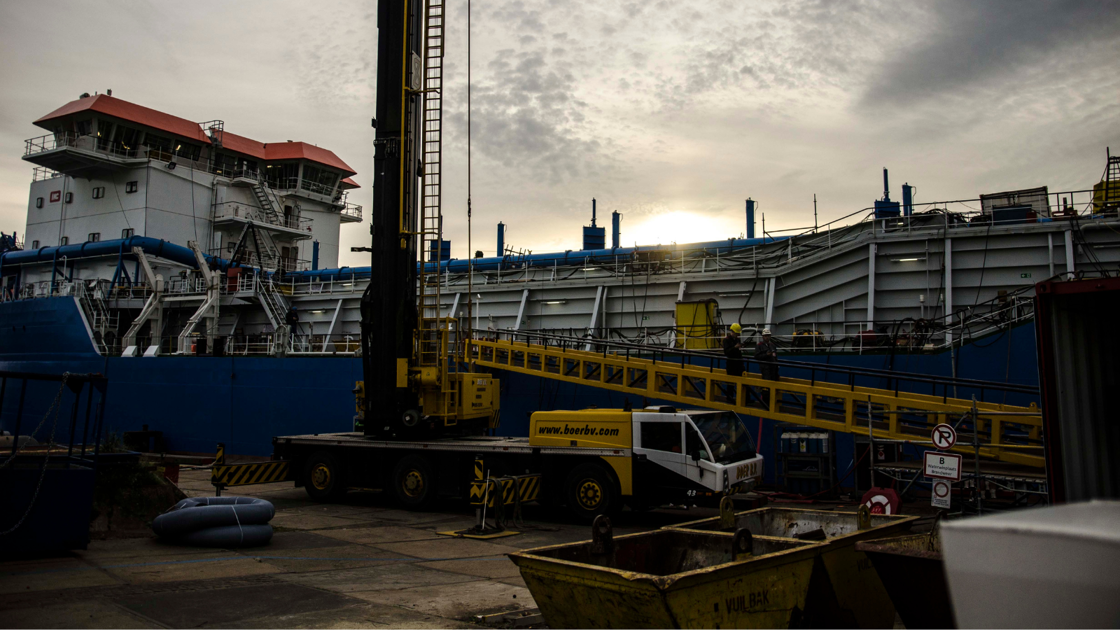The workshop heard that shipbuilding is a volatile sector that goes through phases of dramatic growth followed by profound slumps. Industrial policy can help to mitigate this cycle, but unions felt that most governments and international institutions have fallen short of developing appropriate policies.
Due to projected trade volumes, and the need to replace much of the existing fleet with greener vessels, the industry is widely expected to be on the cusp of a boom period. However, there is a global shortage of skilled workers. The workshop discussed the reasons for this shortage, and potential ways to address it. The skills pipeline into the industry is often inadequate, and employers have failed to make the industry attractive enough to new entrants.
Prior to the meeting, IndustriALL Global carried out a survey of shipbuilding unions, to get their views on the most pressing issues. Workers’ representatives identified the major issues as extensive subcontracting, the use of migrants’ workers with unequal working conditions, and the subsequent development of a two-tier workforce. Employers address the labour shortage by using migrants and subcontractors as a short-term solution. However, they often fail to invest in developing a well-trained core workforce. There are also concerns about countries poaching each other’s workers, and competition for migrants. IndustriAll Europe is calling in its campaign for Good Industrial Jobs that take into consideration social dialogue, trade unions’ rights and equal working condition for all.
Across the sector, there are many examples of migrants employed on substandard and sometimes illegal contracts, and in the case of South Korea, of migrants being used to replace a unionized core workforce. However, there are also examples of migrants being employed under the same collective agreements as the core workforce. In addition to using migrant workers, shipbuilding companies need to focus on attracting new workers to the sector, especially women and other non-traditional entrants.
Isabelle Barthès, Acting Joint General Secretary of industriAll Europe said:
"Putting the global shipbuilding sector on a successful path to sustainable, green ships depends on the availability of workers with the right skills. Employers must therefore take responsibility and invest in the sector, in the workers and in training and reskilling.
"The voice of the workers must be heard in this process. Greening will only be successful if there is good dialogue in the yards and if all changes are anticipated together. Nothing about us, without us!"
Walton Pantland, Director for shipbuilding and shipbreaking at IndustriALL, said:
“We need long term signals from governments about the future of the sector, and we need employers to commit to sustaining a core workforce. If they want to take advantage of current opportunities, employers will need to pay more for labour, and provide more attractive opportunities.”
